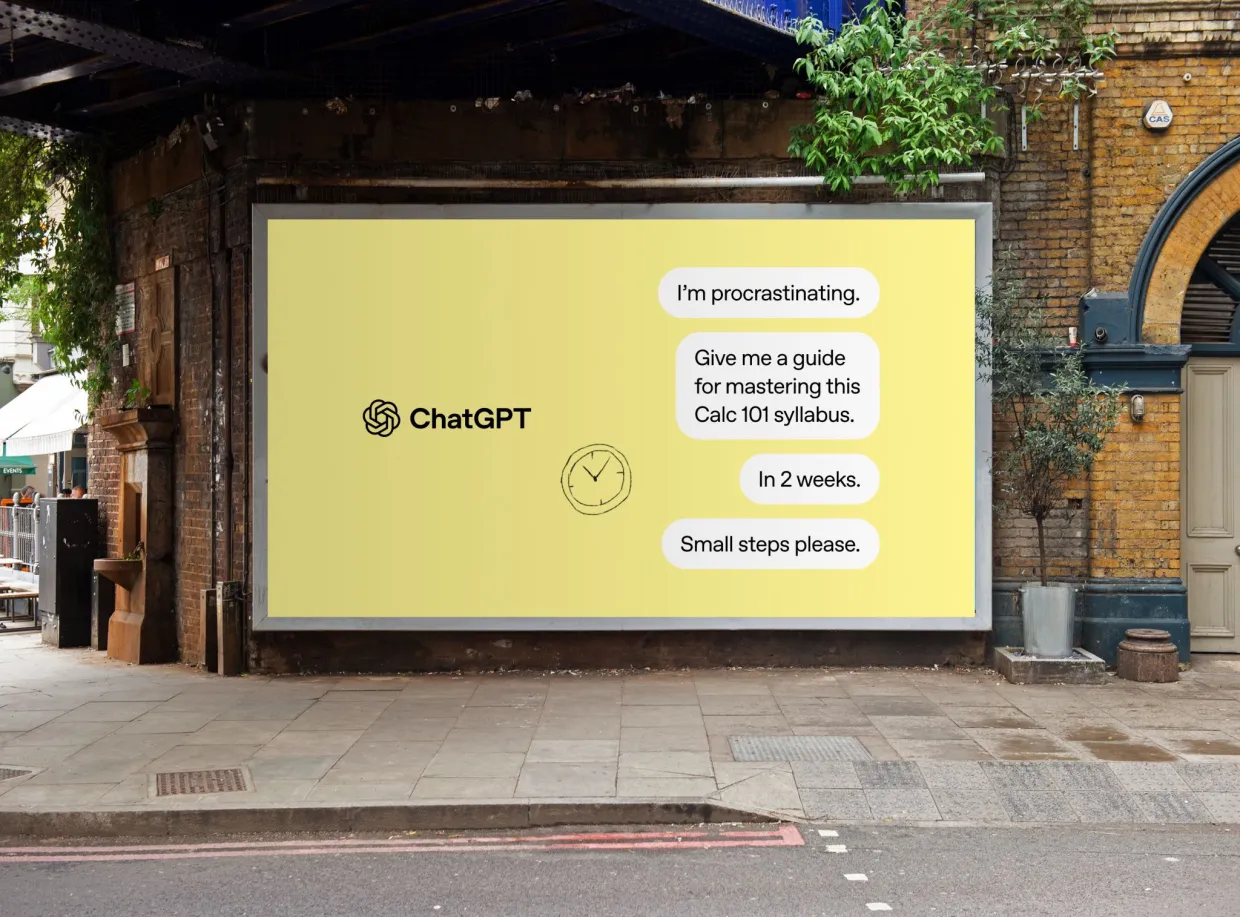As artificial intelligence (AI) continues to evolve, its influence on various sectors, including digital media, is becoming increasingly profound. Among the many areas impacted by AI, user-generated content (UGC) stands out as a particularly dynamic domain. From social media posts to blog entries and video content, the nature of UGC is being reshaped by AI technologies, offering new possibilities while also raising important questions about authenticity, creativity, and the future role of human creators.
The Role of AI in Enhancing User-Generated Content
AI tools have begun to significantly enhance the production, curation, and distribution of user-generated content. Platforms like YouTube, Instagram, and TikTok are leveraging AI algorithms to recommend content, identify trending topics, and even assist creators in optimizing their posts for engagement. AI-driven editing tools can now automatically enhance images, edit videos, and suggest captions, lowering the barrier for content creation and making it easier for users to produce high-quality content.
For instance, AI-powered writing assistants like Grammarly or Jasper can help users craft well-structured articles and social media posts. Meanwhile, image and video editing tools such as Canva and Adobe’s AI-powered features enable even novice creators to produce professional-looking content with minimal effort. This democratization of content creation has led to an explosion of UGC across platforms, enriching the digital ecosystem with diverse perspectives and creativity.
Challenges to Authenticity and Creativity
While AI has the potential to elevate user-generated content, it also poses challenges, particularly regarding authenticity and creativity. As AI-generated content becomes more sophisticated, distinguishing between human-created and AI-generated content is becoming increasingly difficult. This blurring of lines raises concerns about the authenticity of UGC, which has traditionally been valued for its personal touch and genuine expression.
Moreover, the reliance on AI tools for content creation might lead to a homogenization of online content. If creators increasingly depend on AI for inspiration and execution, there is a risk that UGC could become more formulaic and less innovative. AI algorithms often rely on existing data to generate content, which could result in a feedback loop where new content mirrors old trends rather than introducing fresh ideas.
The Ethical Implications of AI in UGC
The integration of AI into user-generated content also brings ethical considerations to the forefront. Issues such as data privacy, algorithmic bias, and the potential for AI-driven misinformation are critical concerns. For example, deepfake technology, which uses AI to create hyper-realistic but entirely fabricated video content, poses significant risks for misinformation and the erosion of trust in digital media.
Content platforms must navigate these ethical challenges by implementing robust guidelines and transparency measures. Ensuring that AI tools are used responsibly and that users are informed when content is AI-generated or AI-assisted will be key to maintaining trust in UGC platforms.
The Future of User-Generated Content in an AI-Dominated Landscape
Looking ahead, the future of user-generated content will likely be characterized by a symbiotic relationship between human creativity and AI capabilities. AI will continue to play a crucial role in enhancing content creation and discovery, but the human element will remain vital in infusing content with originality, emotion, and authenticity.
Content creators may increasingly collaborate with AI, using it as a tool to amplify their creative processes rather than replace them. Platforms will need to strike a balance between leveraging AI for efficiency and innovation while preserving the unique, human-driven aspects of UGC that make it so valuable.
Moreover, as AI becomes more prevalent, new forms of UGC may emerge, such as AI-human collaborative content or entirely new genres enabled by AI technology. The evolution of UGC will likely parallel the advancements in AI, leading to a richer and more diverse digital content landscape.
Takeaway
As AI technology continues to advance, its impact on user-generated content is profound and multifaceted. While AI offers exciting possibilities for enhancing content creation, it also presents challenges that need careful consideration. The future of UGC will depend on how creators, platforms, and society at large navigate the opportunities and risks posed by AI. By fostering a collaborative approach between human creativity and AI capabilities, we can ensure that the evolution of user-generated content remains dynamic, authentic, and inclusive.
By understanding the ongoing changes in UGC driven by AI advancements, creators and consumers alike can better navigate the digital landscape, ensuring that content remains both innovative and true to its roots in personal expression.






